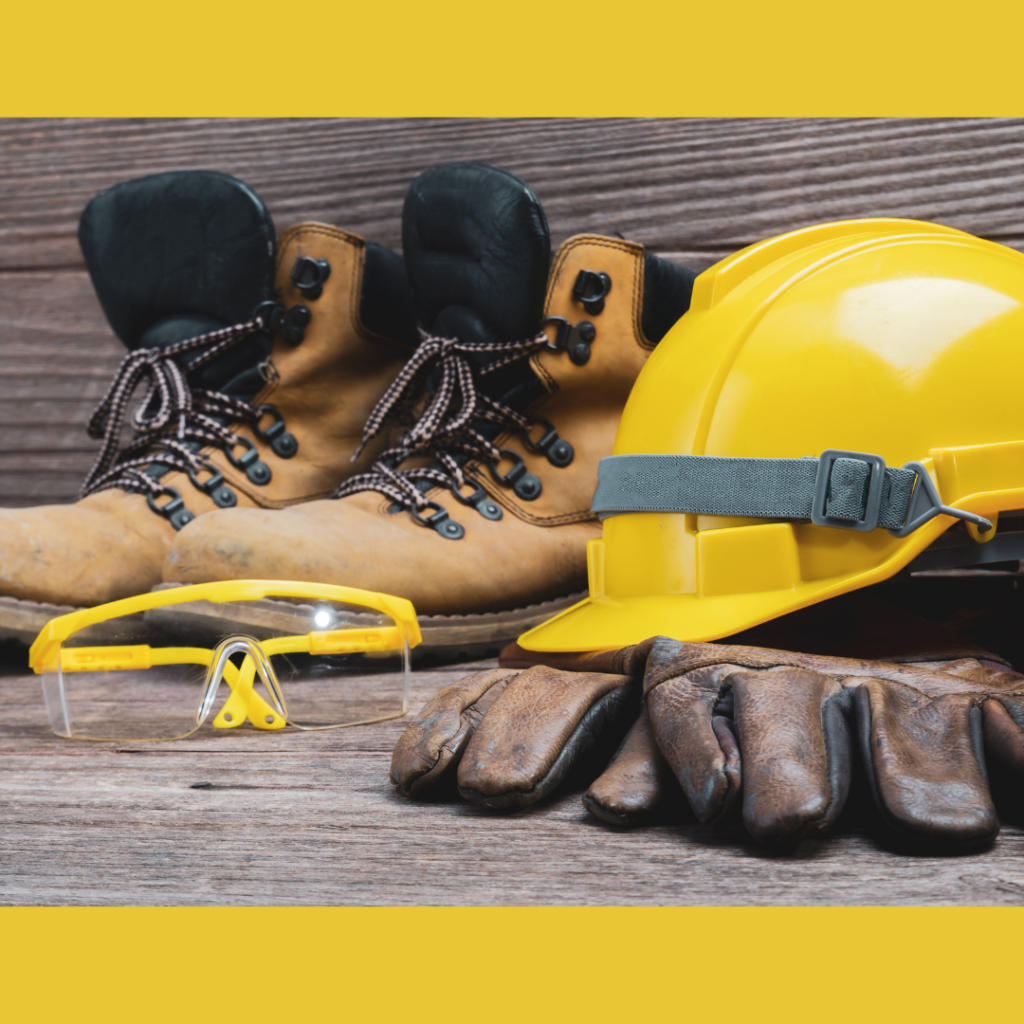Safety in the skilled trades isn’t just a box to be checked—it’s an essential part of building a successful career and ensuring the well-being of workers, communities, and the economy. In fields like construction, manufacturing, and electrical work, proper safety protocols can mean the difference between life and death. At West Virginia Women Work (WVWW), we place a strong emphasis on safety training to prepare our students not only to succeed but to thrive in their careers, while keeping themselves and their coworkers safe.
In this blog, we’ll explore why safety is critical in the skilled trades and how our focus on safety contributes to stronger communities.
1. Reducing Workplace Injuries and Fatalities
The skilled trades involve working with heavy machinery, electrical systems, and sometimes hazardous materials. Without proper safety training, workers are at a high risk of injury, and the consequences can be severe. According to the Occupational Safety and Health Administration (OSHA), thousands of workers are injured or killed each year in the construction and manufacturing industries alone. Common causes of accidents include falls, electrical hazards, and equipment misuse.
At WVWW, we train our students with certifications such as OSHA 10, ensuring that they understand workplace safety standards and best practices. These certifications equip them with the knowledge to minimize risks and handle dangerous situations with confidence. Our focus on safety prepares graduates to enter the workforce knowing that their skills and awareness can prevent accidents.
2. Safety and Career Success Go Hand in Hand
In the trades, demonstrating a commitment to safety can make you a more valuable employee. Employers want workers who understand the importance of safety and know how to implement best practices on the job. Safety-conscious workers not only reduce the likelihood of accidents but also contribute to a more efficient and productive workplace.
When students graduate from WVWW with certifications like First Aid/CPR/AED and OSHA 10, they show potential employers that they are serious about safety. This not only helps them secure jobs but also positions them for long-term career success. A strong understanding of safety protocols opens doors to leadership roles, where workers may be responsible for overseeing safety on job sites and ensuring that teams follow proper procedures.
3. Building Safer, Stronger Communities
Safety in skilled trades isn’t just about individual workers—it’s about the community as a whole. Skilled tradespeople build and maintain the infrastructure that keeps our communities running, from roads and bridges to schools and hospitals. When safety protocols are followed, these projects are completed efficiently, and the structures and systems are safe for public use.
At WVWW, we believe that by training women in safety best practices, we are not only preparing them for successful careers but also helping to build stronger, safer communities. Whether our graduates are working on local construction projects or maintaining electrical systems, their commitment to safety has a direct impact on the well-being of their neighbors and the overall growth of the local economy.
4. Developing a Culture of Safety
One of the most important aspects of safety training is creating a culture of safety on the job site. In male-dominated fields like construction and manufacturing, it’s essential that all workers feel empowered to speak up about unsafe conditions and take proactive steps to protect themselves and their coworkers. Building this culture starts with proper training and awareness.
Our program at WVWW teaches students to recognize potential hazards, respond appropriately to safety concerns, and advocate for safety measures in the workplace. When safety becomes a core value, workers are more likely to look out for each other and ensure that projects are completed without incident.
5. Earning the Trust of Employers and Clients
A strong safety record is important not just for workers and employers but also for clients who depend on tradespeople to complete their projects. Companies with excellent safety standards are more likely to be awarded contracts, and workers who prioritize safety are more likely to earn the trust and respect of their employers and clients.
Graduates from WVWW leave our program with the skills and certifications to demonstrate their dedication to safety, which helps them build a reputation as reliable and responsible workers. This trust leads to more job opportunities and contributes to long-term career growth in the skilled trades.
Safety Is the Foundation of Success in the Trades
At WVWW, we understand that safety is not just a requirement—it’s the foundation of success in the skilled trades. By equipping our students with the knowledge and tools to work safely, we’re helping them build long-term careers while contributing to safer workplaces and stronger communities. From reducing workplace injuries to fostering a culture of safety, the benefits of safety training extend far beyond the individual worker—they touch every aspect of the industry and the community.

